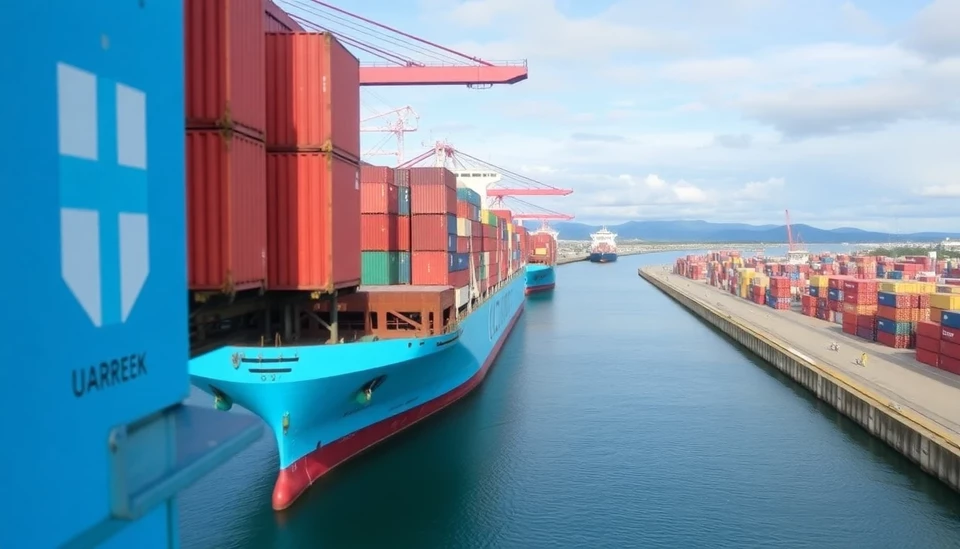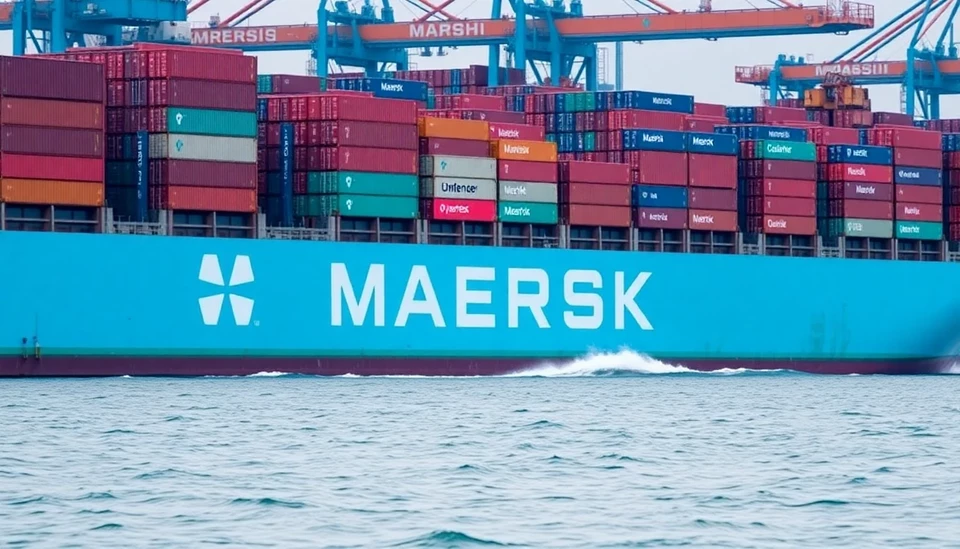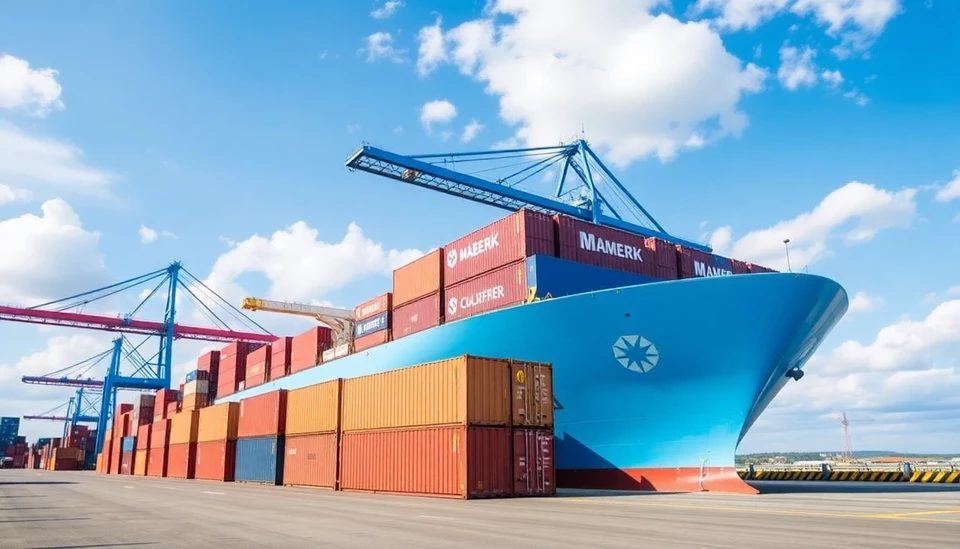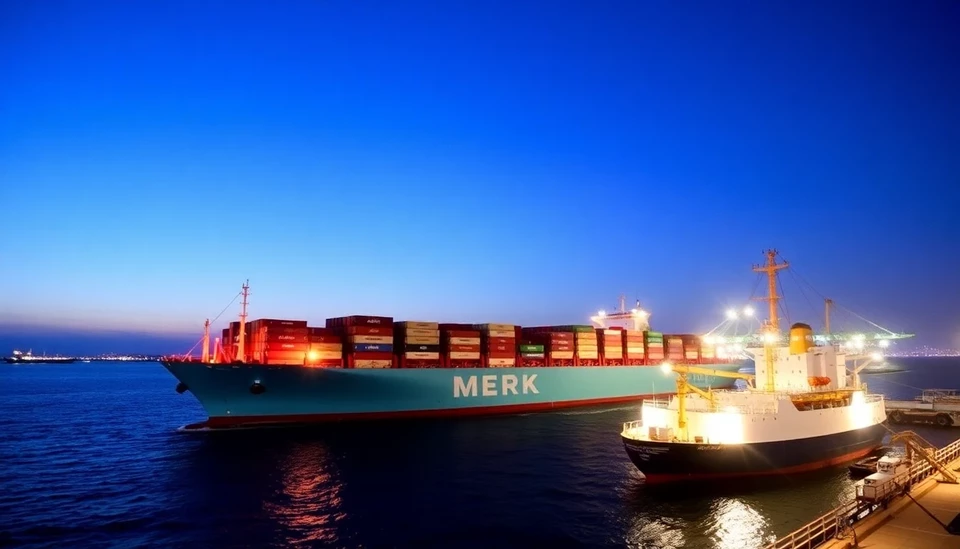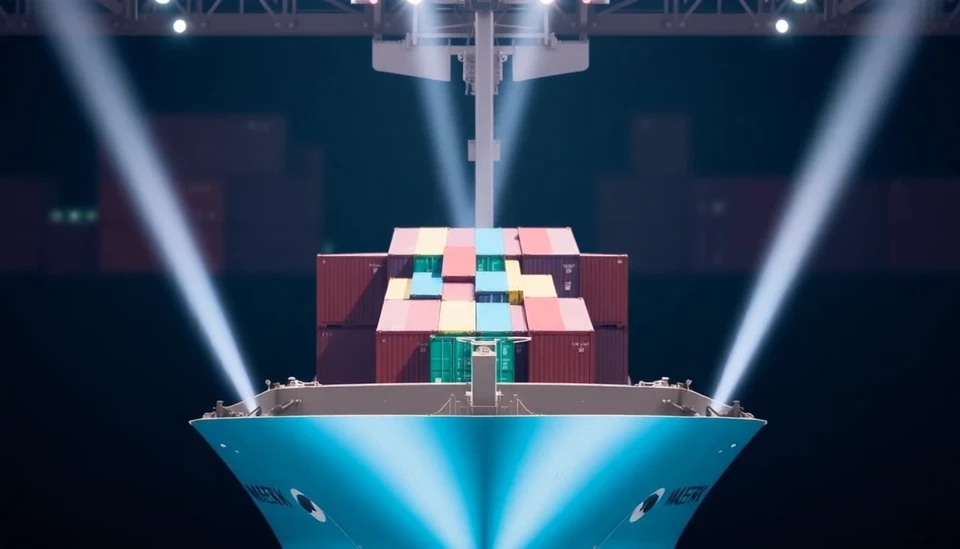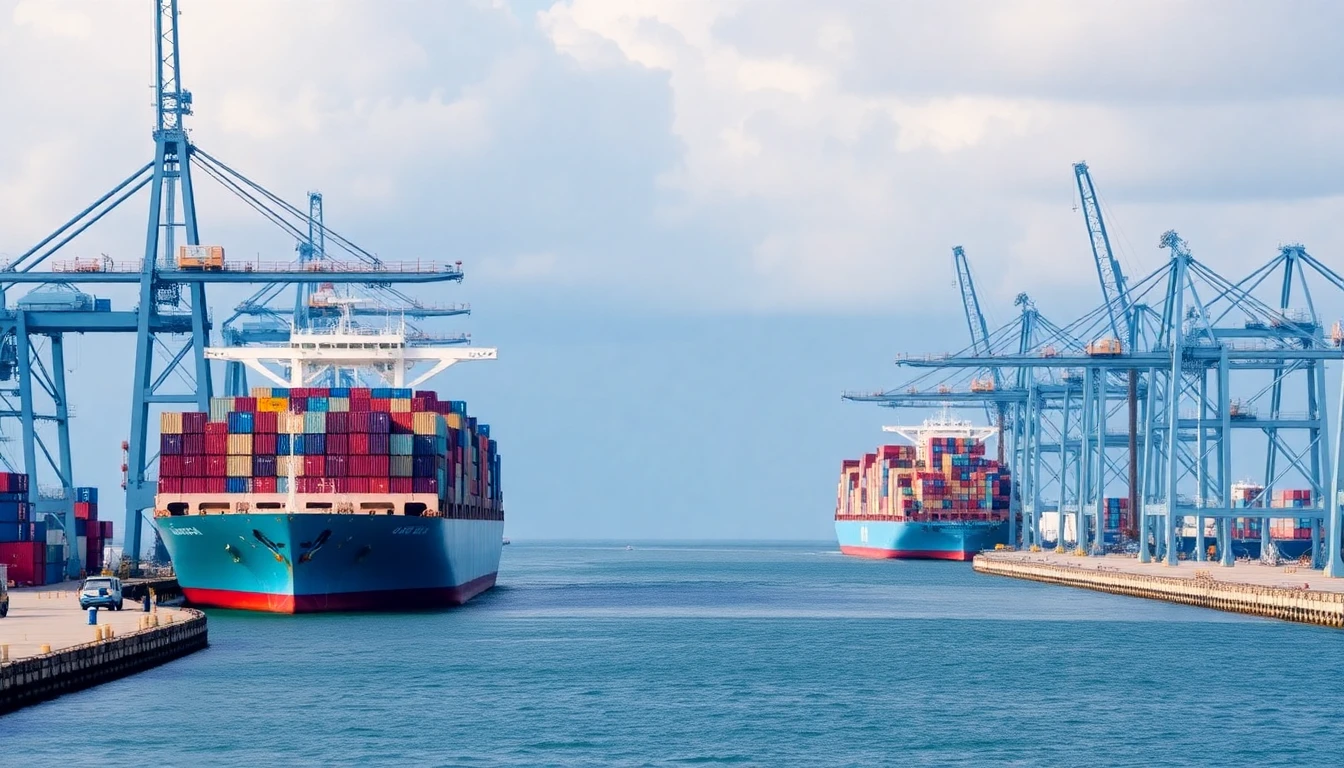
Giant A.P. Moller-Maersk A/S is now optimistic that a global carbon dioxide levy on shipping operations will be approved by 2025. This is important news as the shipping industry moves to somewhat clean up its act amid climate concerns.
Maersk, one of the world's largest container shipping companies, wants this levy to reach its wider sustainability goals. This places the group at the forefront of calls for industry-wide standards that would contribute to reducing carbon emissions, mainly produced by the burning of fossil fuels by commercial vessels. Levy-related costs are expected to drive investment in renewable energy and encourage more technological innovation in shipping.
Speaking at a recent conference, Maersk CEO Soren Skou told the stakeholders that his company had waited for the new levy and is confident that the IMO will move forward toward enforcement in 2025. The levy is regarded by Maersk-and several environmental groups-as a key instrument to decarbonize the shipping industry, responsible for nearly 3% of global CO2 emissions.
The carbon tax has been on the cards for the last couple of years. Though concrete details of the rate and structure of the levy are still under discussion, it looks to phase in over time the fees based on emissions. This should serve as an incentive for all shipping companies around the world to move toward greener energy technologies.
Calls for the levy come amid increasing international pressure on countries and companies to reach ambitious targets to combat climate change. This year the IMO supported a goal to cut GHG emissions from international shipping by at least 50% by 2050 compared with the levels in 2008. Maersk has set even higher ambitions, committing to net-zero emissions by 2040.
For Maersk, the expected CO2 tax is part of the strategy to be in the forefront of a changing market where sustainability will be a key factor in determining competitiveness. It is by such moves that the company expects to be at the forefront in leading the shipping industry into a greener and more sustainable future, with its incoming regulations and paving the way toward transformation within the sector.
With the fine details of the levy still to be determined, stakeholders will closely watch its potentially profound effect on shipping costs and its wider implications for global trade and logistics. It is expected to have a strong cascading influence on the entire maritime supply chain with respect to fuel efficiency, cleaner fuel technologies, and overall environmental responsibility.
In all, Maersk's expectation to see, in place, a CO2 levy by 2025 marks a point of inflection for shipping. It underlines a collective ambition to rise to the climate challenges and reflects an industry on its way to sustainability-not just because of some policy imperatives but also as an ethical imperative. The transformation ahead now promises a brighter, greener future for shipping, with ramifications spilling beyond the confines of the industry into the global community at large.
#Maersk #CO2Levy #ShippingIndustry #Sustainability #MaritimeRegulation #IMO #ClimateChange #NetZeroEmissions #GreenShipping
Author: Megan Clarke
